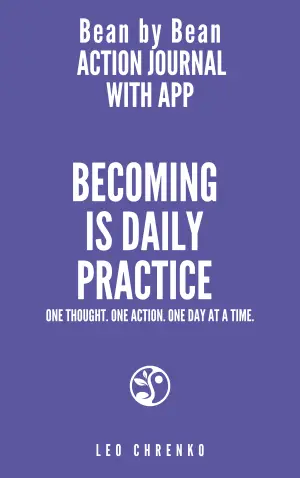Show Don’t Tell: A Reflection on Human Nature and Relationships
There’s something so captivating about picking up a collection of short stories, especially when that collection is by Curtis Sittenfeld. I’ve been a fan of her work for years, drawn to her uncanny ability to dissect the layers of human existence. Her latest release, Show Don’t Tell, caught my eye not just for the title’s cleverness, but for the promise of nuanced storytelling that reflects our collective complexities. Little did I know, it would prompt my own reflections on relationships, ambition, and the art of observation.
In Show Don’t Tell, Sittenfeld presents us with eleven meticulously crafted stories, each exploring the intricate dance of relationships, artistic ambition, and the ever-evolving dynamics of modern life. Right from the title story, which centers on a group of MFA students grappling with both the politics of funding and the pressures of creativity, Sittenfeld deftly captures the anxiety that many of us can relate to. I found myself nodding along as she portrayed the often funny yet painfully true scenarios of ambition colliding with financial reality.
One aspect that truly stood out was Sittenfeld’s gift for observation. Her characters are drawn with such authentic detail that every moment feels like a little photograph of life. In “Lost but Not Forgotten,” I was thrilled to revisit Lee Fiora from Prep, and the nostalgia of her encounter with a rock star brought a rush of familiar feelings—Sittenfeld has an innate ability to note the gestures and unspoken thoughts that render her characters real, making their experiences resonate deeply.
Marriage, divorce, and the evolving nature of relationships feature prominently throughout the collection. “The Marriage Clock” and “The Tomorrow Box” explore these transitions beautifully, highlighting those quiet, almost imperceptible moments when change becomes unavoidable. I found myself reflecting on my own relationships, recalling how even the smallest shifts often lead to significant transformations.
Sittenfeld does not shy away from contemporary themes, deftly addressing issues like racial dynamics in “White Women LOL” and the intersection of art and politics in “A for Alone.” The commentary feels particularly poignant given our current societal climate, yet it never comes off as heavy-handed. Instead, Sittenfeld masterfully combines humor with depth, a balance I greatly appreciated.
While the collection is overall strong, it’s worth noting that some stories may resonate more than others. “Creative Differences” felt slightly less impactful compared to its companions, and at times, characters seemed to share similar backgrounds that could blur their distinctiveness. However, these are minor quibbles in an otherwise rich narrative tapestry.
Sittenfeld’s prose is nothing short of a delight—clear, precise, and punctuated with moments of unexpected beauty. Her dialogue flows effortlessly, revealing the gulf between what is said and what is truly meant, showcasing her mastery of the craft.
In conclusion, Show Don’t Tell is a remarkable showcase of Sittenfeld’s considerable talents. This collection is not just for her long-time fans; anyone looking for a reflective and rewarding reading experience about the nuances of human relationships and modern challenges will find something meaningful here. Personally, this book lingered with me long after I turned the last page, pushing me to reflect on my own life choices and relationships in a wonderfully engaging way. If you appreciate characters that feel like old friends and stories that challenge yet resonate, then I highly recommend diving into this collection.
Discover more about Show Don’t Tell on GoodReads >>






